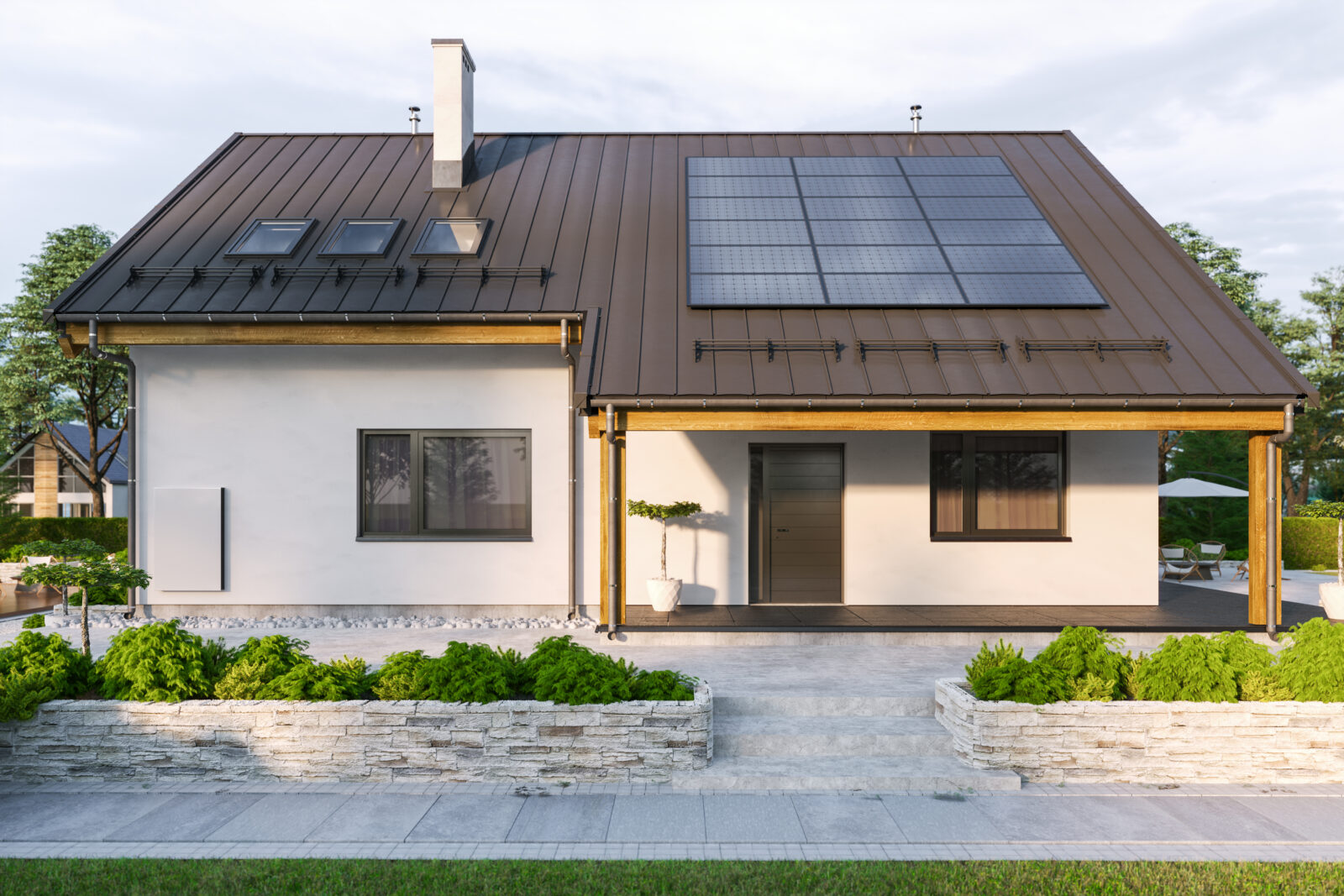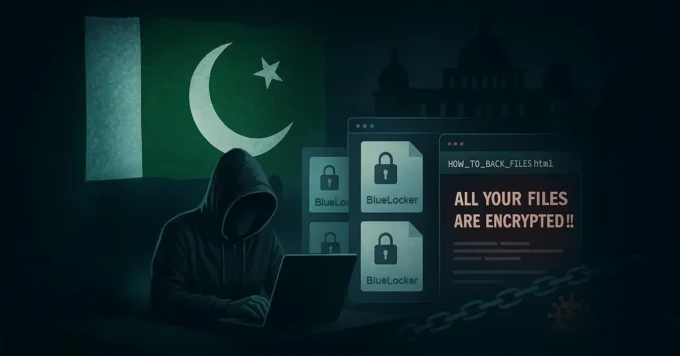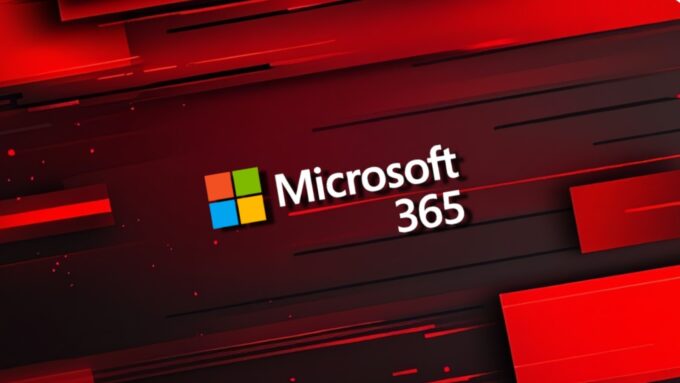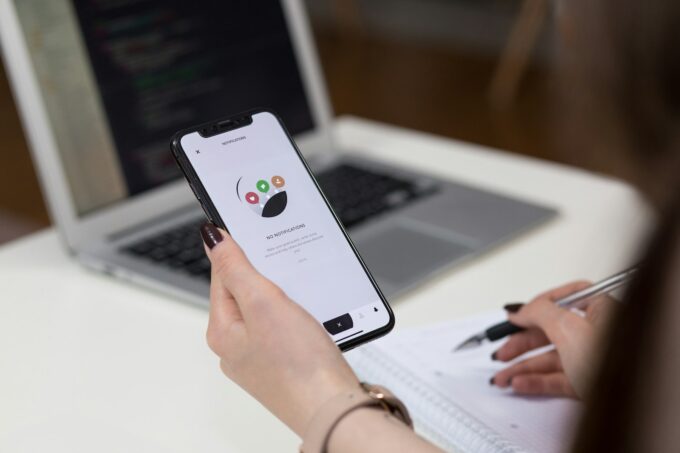The solar panels on your roof aren’t just creating green energy they’ve also entered the national security spotlight. As more homes install rooftop solar, cybersecurity experts and government officials warn these systems can be vulnerable entry points for digital attacks affecting the entire energy grid. At the heart of the issue are solar inverters, the devices that connect panels to household circuits and, ultimately, the power grid. Recent investigations have uncovered hidden communication modules and radios embedded in some imported (especially Chinese-made) inverters and batteries, not documented in product manuals. These so-called backdoors could allow remote access or control by unauthorized actors.
In a worst-case scenario, a hostile power could exploit these vulnerabilities to disable or manipulate inverters around the country, potentially causing blackouts or widespread grid instability. Security researchers have catalogued dozens of critical flaws in solar hardware and software especially in internet-connected home systems. Many inverters and solar monitors have management interfaces exposed online; studies show that over 80% of newly reported vulnerabilities are high or critical, with some making it possible for hackers to take control of affected units remotely, even from abroad. This cybersecurity threat is amplified by the global supply chain.
The majority of inverters and solar storage devices are manufactured in China, raising supply chain and foreign interference concerns for the U.S., Australia, and allied nations. These issues have prompted moves to boost domestic manufacturing, introduce tighter federal oversight, and require more secure-by-design principles and firmware updates in consumer energy products. The transition from centralized power plants to decentralized home energy has made individual solar systems a new vector for national disruption. While attacks on single homes might be rare, vulnerabilities at scale could allow for coordinated attacks that ripple across the grid. For homeowners, this means thinking beyond clean energy. Ensuring devices are properly secured, isolating them from less protected home networks, and keeping firmware updated are now not just good practices—but important steps for both personal and national security
Source: TechCrunch reports that vulnerabilities in EG4 solar inverters could let hackers exploit home energy systems, raising concerns over national security risks.









Leave a comment